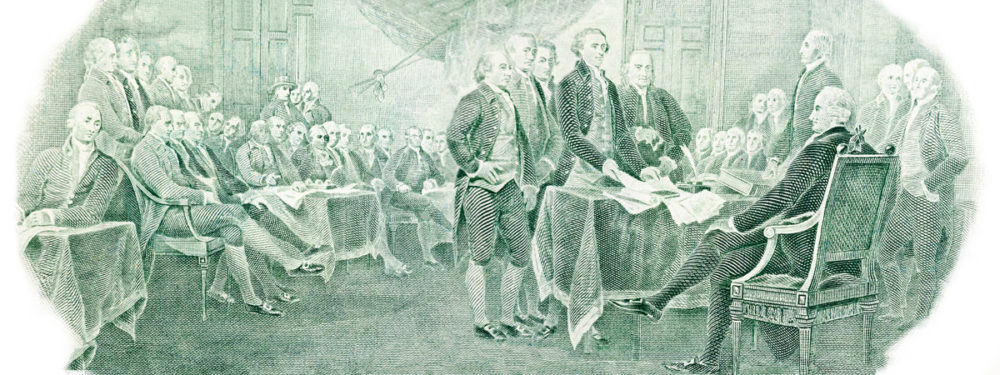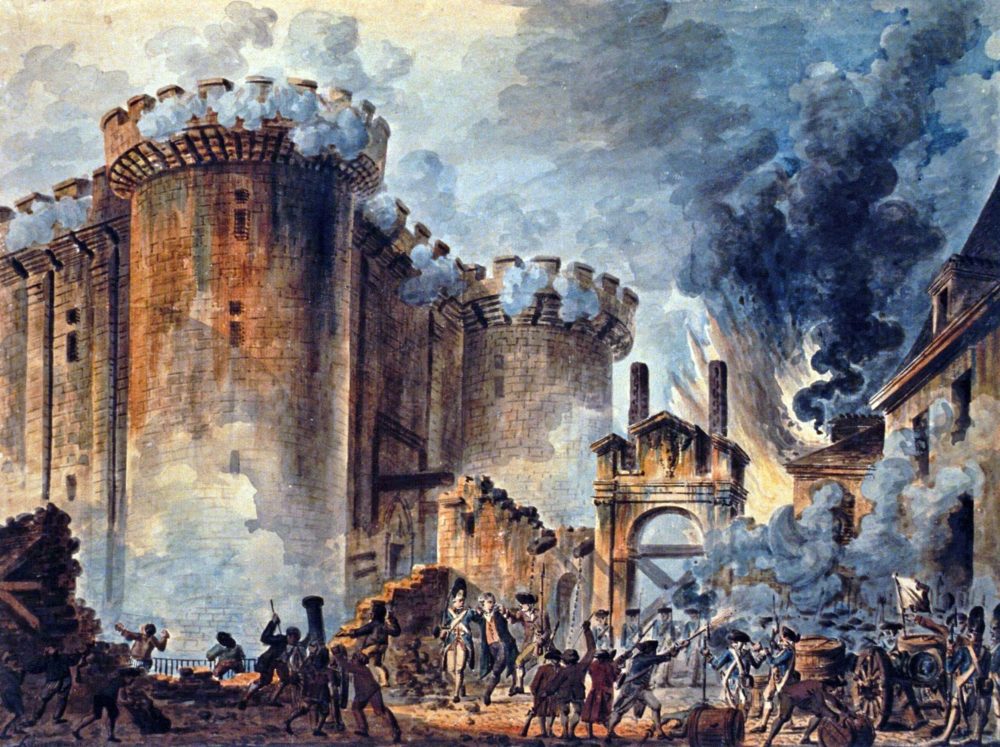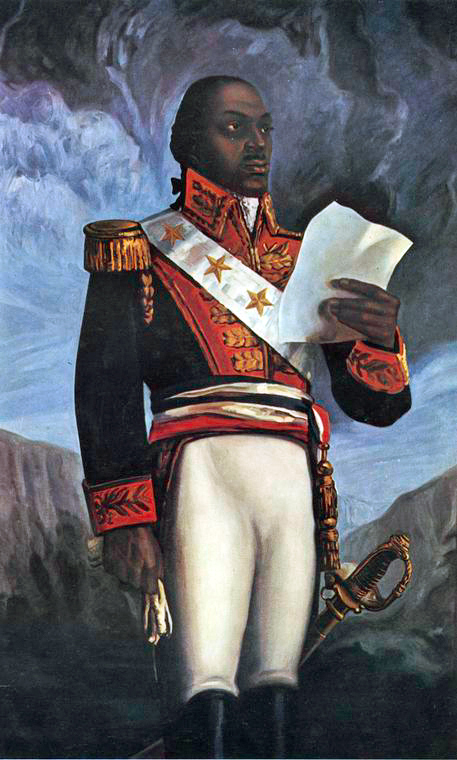 Menu
Menu
 Menu
Menu
No revolution has unfolded smoothly. Good and bad things have resulted...
When England’s parliament imposed taxes and oppressive laws on its 13 American colonies, so-called “Patriots” formed in protest. Their rallying cry was “No taxation without representation.” In 1776 the colonies declared independence, which launched the American Revolutionary War between England and the rebel colonies. Battles continued until the signing of the Treaty of Paris in 1783, when England withdrew and granted the United States independence.
The U.S. Declaration of Independence declared that “all men are created equal.” This ideal came out of the Enlightenment, the 18th century embrace of reason and science. Countless minority groups have subsequently used this ideal to help make their case for equality under American law.
People loyal to the British were sometimes persecuted by revolutionary mobs. A favourite torture method was to pour hot tar on Loyalists, cover them in feathers, and parade them on the streets. Persecution was one reason why about 40,000 Loyalists fled to Canada.

Back of the American $2 bill, depicting the presentation of the Declaration of Independence to Congress in 1776.
When years of overspending caught up to the French monarchy, the government raised taxes on average citizens to make up the shortfall. Despite higher taxes, many citizens were still left to starve in years of poor harvests. Citizens, tired of being exploited by the ruling class, rioted. The monarchy was overthrown, and a tumultuous power struggle ensued. The French Revolution ended with the rise of Napoleon Bonaparte’s dictatorship.
The French Revolution established liberty, equality, and fraternity as western values. French statesperson Dupont de l’Eure may have best-summarised how these words connect: “Any man aspires to liberty, to equality, but he cannot achieve it without the assistance of other men, without fraternity.”
After Louis XVI was executed, no group could hold onto power for long. Every new government would kill the politicians and supporters of the previous government. At its worst, 16,000 people were sentenced to death during the 9-month-long Reign of Terror in 1793 and 1794.

Jean-Pierre Houël’s Storming of the Bastille, marking the beginning of the French Revolution.
When Saint-Domingue’s slaves realised they could overthrow their French oppressors due to sheer numbers—slaves outnumbered free people 6 to 1—revolts broke out in 1791. The conflict became a long and bloody full-scale revolution, involving not just France but also Spain and England who had interests in the Caribbean. By January 1st, 1804, Europeans were driven out. Independence was declared, and the country was given the indigenous name Haiti.
The Haitian Revolution was the first-ever slave uprising to result in an independent nation controlled by former slaves. It helped inspire slave rebellions in the United States and British colonies and helped to pave the way for the abolition of slavery.
The initial slave insurrection revealed how human nature can sometimes be disappointing. Slave leaders—believing failure was imminent—proposed to Saint-Domingue’s ruling elite that they would order their followers back to the plantations in exchange for their own personal freedom.

Toussaint Louverture, the man widely seen as the leader of the Haitian Revolution.
When Fulgencio Batista seized power in a 1952 military coup of Cuba, a young lawyer named Fidel Castro put forth constitutional arguments to remove the dictator. Courts rejected the arguments. Seeing no alternative, Castro founded a paramilitary group in 1953 and launched an unsuccessful uprising. Following time in prison, Castro regrouped in Mexico with 80 supporters. They returned to Cuba in 1956, gained the support of locals, and won a three-year-long guerilla war.
The revolution enshrined massive social reforms into the Cuban constitution. Cuba outlaws discrimination based on race, skin colour, sex, national origin, or religion; and guarantees free access to such things as education and educational materials, sports and recreation, and health and dental care.
Cuba’s revolutionary constitution guarantees freedom of speech and freedom of the press. However, practising these freedoms must “[keep] with the objectives of a socialist society.” This caveat has created serious constraints on what can be officially said in public in Cuba.